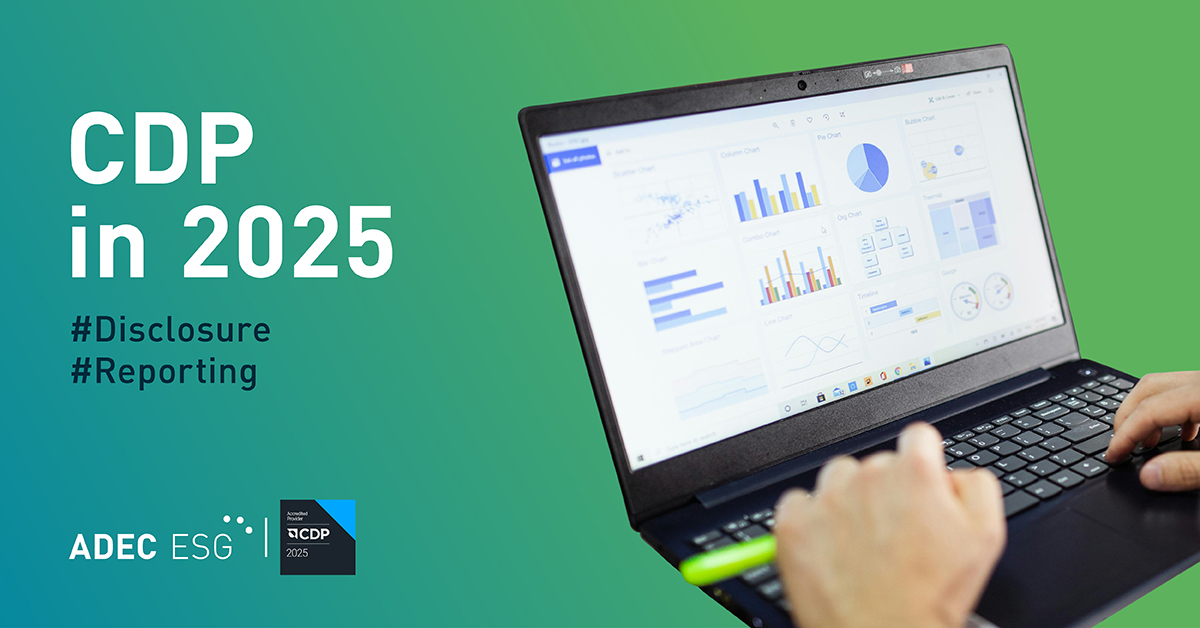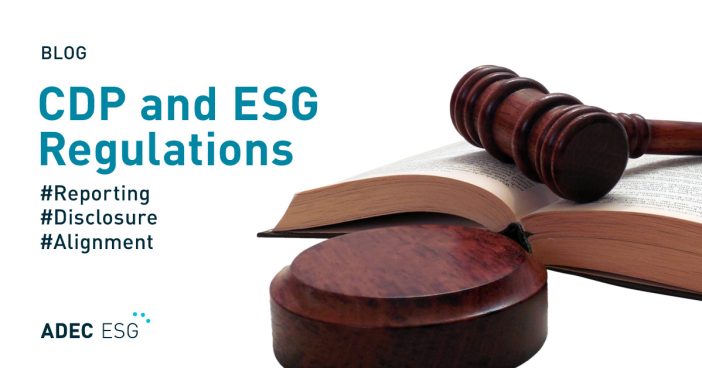Understanding Scenario Planning at the TCFD brought together ADEC ESG and the Climate Disclosure Standards Board (CDSB) for a co-hosted webinar. We presented an overview of scenario planning and introduce the Task Force on Climate-Related Financial Disclosure (TCFD) and how these directly affect how companies disclose environmental and financial information.
A recording of the webinar is available here, so if you are new to scenario planning or want insights into how to disclose in line with the TCFD’s recommendations, we encourage you to check it out. The content is designed to deepen your understanding of these aspects of your disclosure and help guide your strategy for the future.
If you fail to plan, you are planning to fail.
Implementing the TCFD Recommendations
The FSB TCFD was set up in 2015 in the G20’s Financial Stability Report to support the creation of “consistent, comparable, and decision-useful climate-related financial disclosures.” The recommendations set out by the TCFD were published in 2017, and are voluntary and are specifically geared toward climate-related financial disclosures in mainstream annual financial filings. The webinar goes into more specific detail about:
- The TCFD’s recommendations and how they promote better decision-making.
- How the TCFD recommendations and climate-related financial reporting have evolved over the past two years.
- Clear insights into how the TCFD focuses specifically on the financial impact of climate-related risks and opportunities and how that affects an organization’s income statement and balance sheet. This is vital because it helps influence future financial planning and strategic decision-making.
- A helpful look at some case studies from various sectors, as well as vital resources, including the TCFD Good Practice Handbook and the TCFD Knowledge Hub.
What is Scenario Planning?
Scenario Planning is a key part of climate action planning. The second half of the webinar discusses the purpose and value of scenario planning from a business and investor perspective. We also discuss the importance of scenario planning as a tool to help deliver a full picture of the climate-related risks and opportunities facing your organization.
This section of the webinar delivers valuable insights into how to apply scenario planning to your particular organization. Once you understand the range and magnitude of the material financial risks you may face, you can mitigate those risks and identify opportunities to navigate a way forward.
Roadmap for Scenario Planning
Looking closely at your next practical steps forward, we lay out a roadmap to help you get started with scenario planning. We take a step-by-step approach and demonstrate how scenario planning can make an immediate impact by examining:
- Which scenarios you need to identify and consider.
- How to evaluate the scope of analysis within your organization.
- Why it’s important to think creatively around informational inputs and the resulting range of possibilities.
- How to identify multiple factors that may interact with one another.
- What questions to ask in your scenario planning process.
The key takeaway? Communicating effective climate action strategy hinges on prioritizing planning and adopting the right perspective. This perspective should demonstrate transparency and a deep understanding of how climate risks and opportunities link back to your strategy and implementation. While scenario planning and many other aspects of the TCFD recommendations are not necessarily new concepts, these reporting frameworks are new ground for many reporting companies. They also offer new insights to both you and your investors as we begin to see the financial and operational impacts of climate change.
Ready for more? Watch the full webinar here for a detailed picture on the wide-ranging benefits of scenario planning, the TCFD recommendations, and the importance of thinking ahead.




